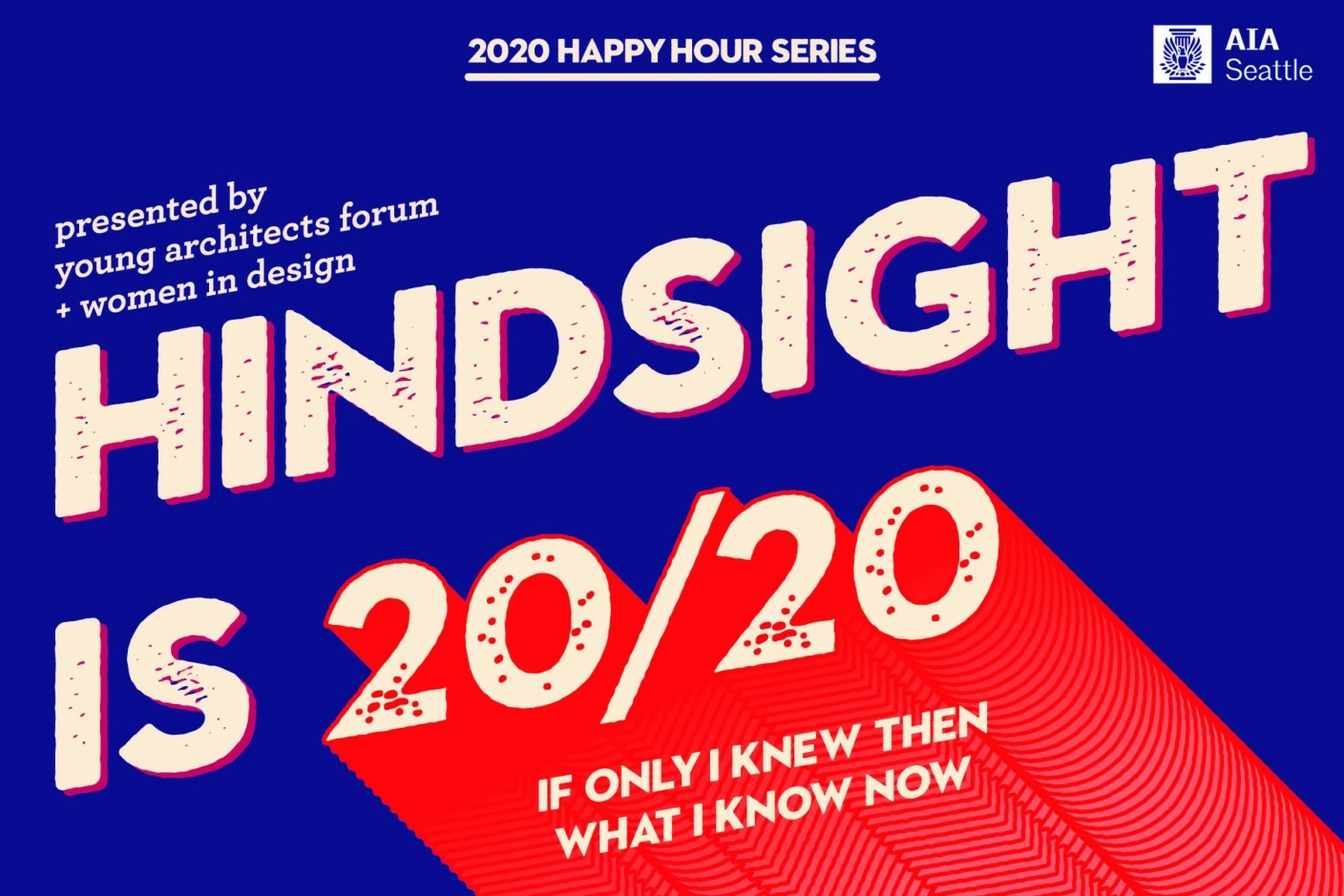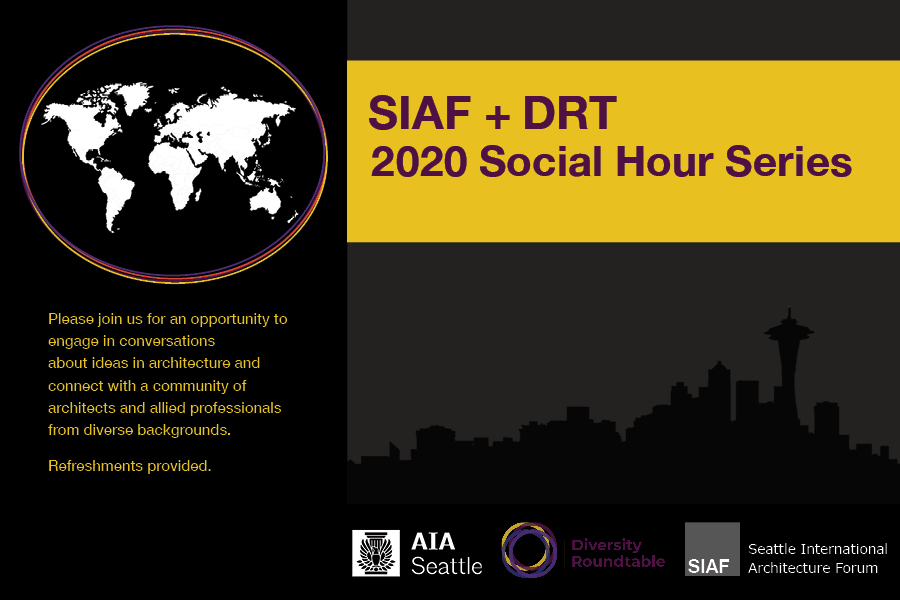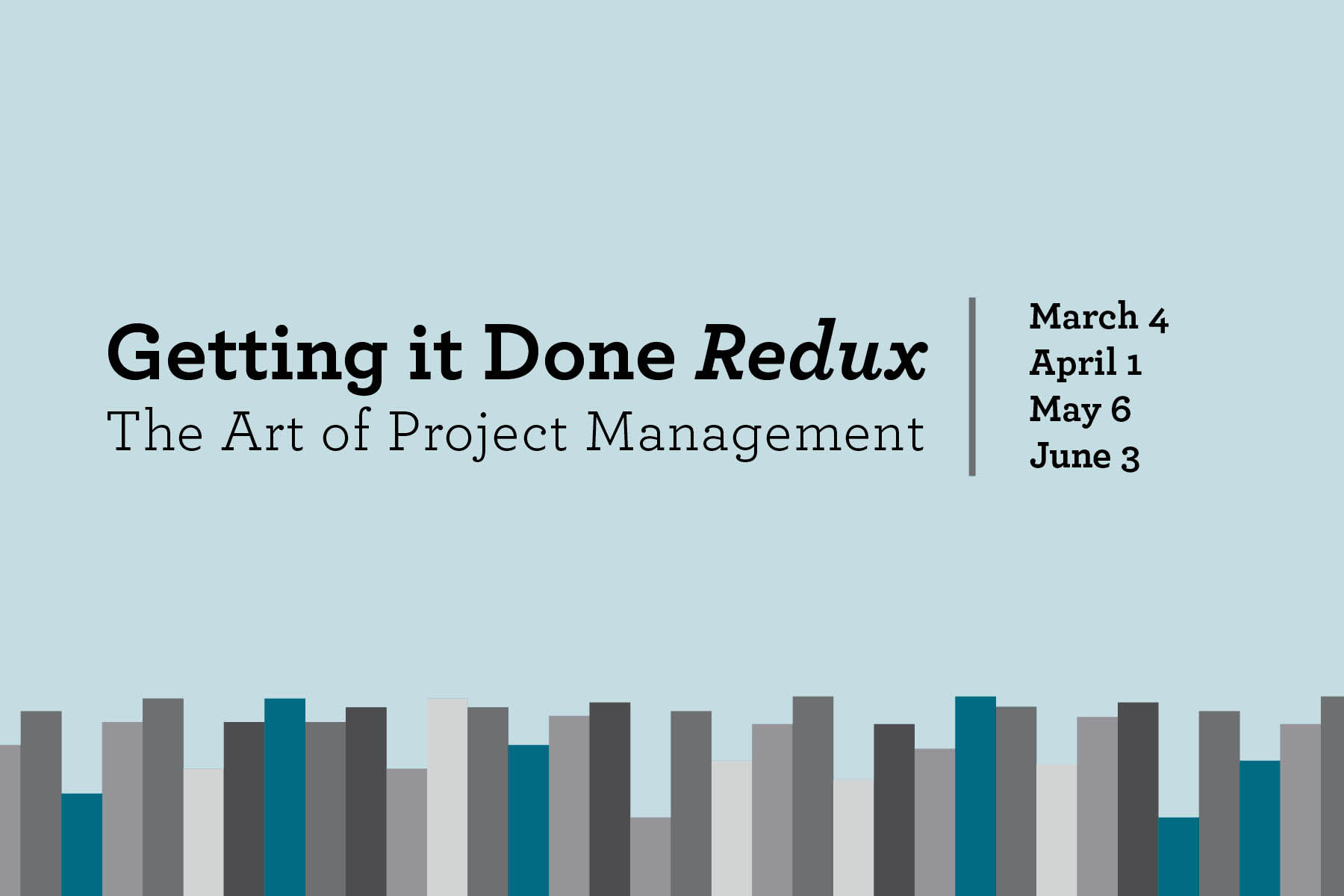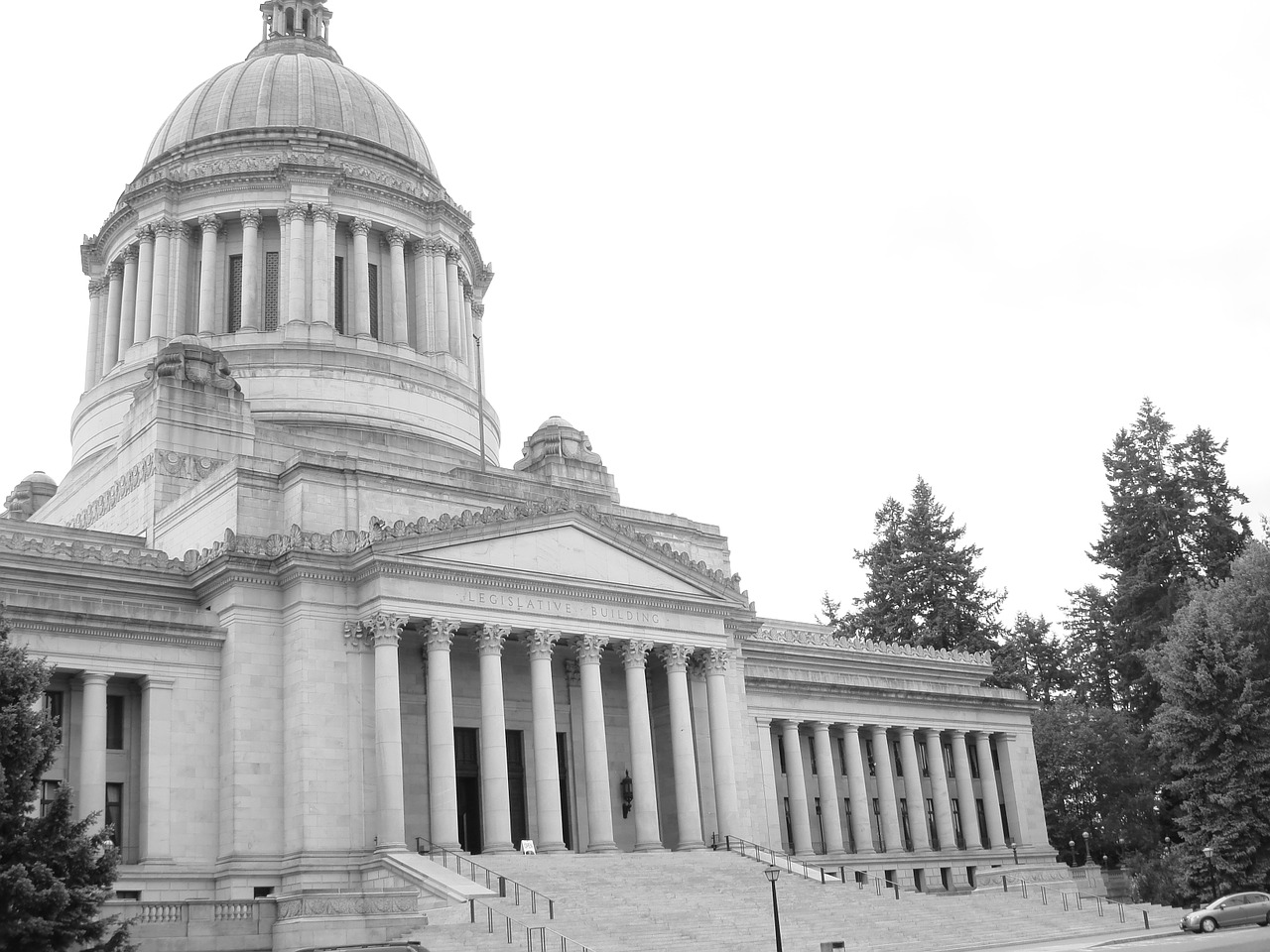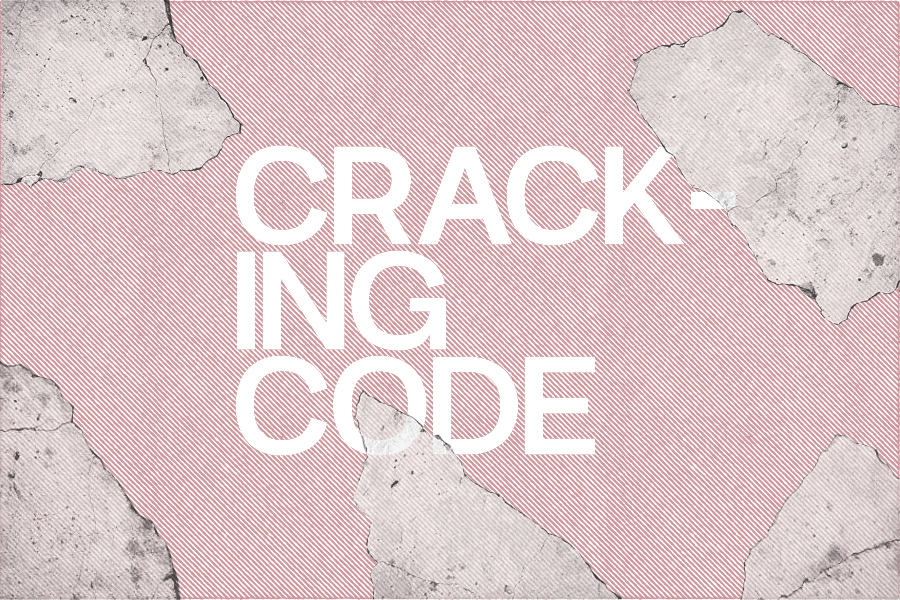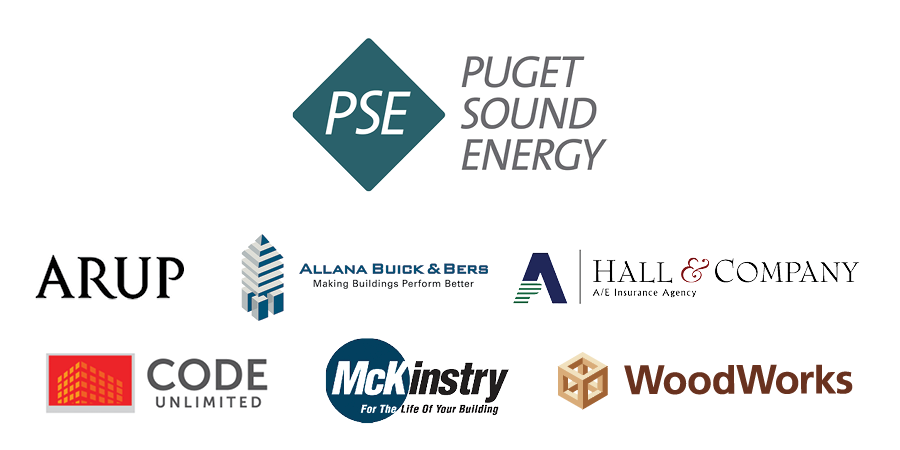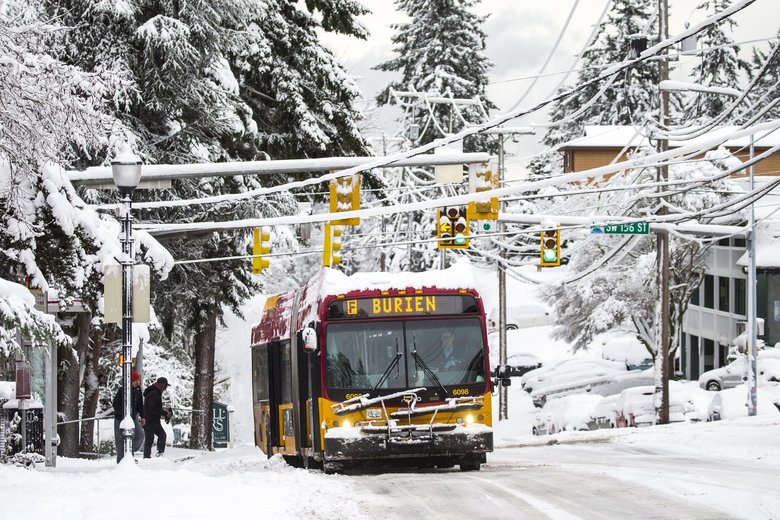As we continue to navigate work in these unprecedented times, AIA Seattle and AIA Washington Council are striving to make sure you have the resources you need to take advantage of federal, state, and local programs designed to help firms and individuals. We’re also working to inform you of policies released by state and local officials and to relay the state’s guidance on how architects can and cannot operate during this ongoing period. If you have questions, comments, or resources to share, please let us know.
COVID UPDATE
This is a review of policies that impact architects at the state and local level. You can view AIA Seattle’s full list of COVID resources and opportunities here.
Construction Activity: On May 15, Gov. Inslee’s office released a memo discussing the reopening of “professional services,” including architecture. In counties that have reached Phase 2 of the governor’s Safe Start approach only (all northwest Washington counties are currently in Phase 1), businesses can resume all operations immediately as long as they meet and maintain the state’s requirements, including providing materials, schedules, and equipment. You can find the guidance for reopening for Professional Services here: Guidance for Professional Services. For counties not yet in Phase 2, these are the guidelines you will need to be able to comply with to reopen once your county does reach Phase 2.
We previously reported on Gov. Inslee’s determination of “essential” businesses and his clarification on construction activity here. On April 24, the governor announced the results of his Construction Industry Roundtable charged with determining the safety precautions necessary to keep construction workers, trades people, and job sites safe. The plan, found here, walks through a detailed set of protocols for low risk construction projects to reopen. For Phase 1 counties, architects supporting low risk projects are currently allowed to return to work if they follow these safety guidelines. (Businesses that are able to continue working remotely are strongly encouraged to do so.)
Codes
Seattle: The Seattle Department of Construction and Inspections (SDCI) has delayed the 2018 code update scheduled to go into effect on July 1 to November 1, 2020. More info is available on SDCI’s code update website.
State: On April 2, Gov. Inslee issued an executive order delaying the implementation date of the 2018 code updates from July 1 to Nov. 1, 2020 in light of COVID considerations. Subsequently, Gov. Inslee was asked by some state legislators and interest groups to delay the state code further – to July 1, 2021 – but he recently issued a response denying that request.
Seattle Design Review
On April 28, the Seattle City Council passed emergency legislation to move affordable housing projects more quickly through the Design Review process under COVID restrictions a week after failing to pass the proposal by one vote. The legislation:
- Shifts projects that are subject to full design review to administrative design review for six months (or earlier if the city can get design review online).
- Exempts from design review certain affordable housing projects funded by the Office of Housing (these are currently required to go through administrative design review).
- Bypasses Landmarks Preservation Board meetings by allowing certain decisions to be made by the city’s Historic Preservation Officer rather than the Board.
Councilmembers unanimously passed an amendment by Councilmember Tammy Morales that allows the International Special Review District (ISRD) in the Chinatown-International District to meet electronically (although approvals are postponed until robust public input can resume). Councilmembers rejected an amendment by Councilmember Andrew Lewis to block projects participating in the Living Building pilot program from using administrative design review.
Additional Design Review guidance from SDCI can be found here.
At the direction of the Housing Task Force, AIA Seattle sent a letter to councilmembers in support of the proposed Design Review changes for affordable housing while also issuing a call for the city to expand on these to address both the coming COVID economic crisis and the ongoing housing crises for all housing projects, including market rate housing.
More Information
If you missed the AIA Town Hall Q&A with SDCI covering many of these issues, you can view the recording here. Use the password: 8x+8M8uA
For more information about SDCI processes under COVID, check out SDCI’s blog, Building Connections.
ARCHITECTS IN ACTION
Designers Working to Provide Street Hand Washing Stations
A group of Seattle designers have been working with Tifffani McCoy of Seattle’s Real Change to create a “do-it-yourself” hand washing station made from off-the-shelf parts. The group includes UW Dept. of Architecture Associate Professors Elizabeth Golden AIA and Rick Mohler AIA as well as landscape architects Professor Jeff Hou of the UW Dept. of Landscape Architecture and Brice Maryman, principal at MIG. Their prototype hand washing station (see sketch here) is designed to connect to hose bibs located on private property. The design includes an integrated rain garden to manage greywater onsite.
The group’s first station was installed on May 19 at Roots Young Adult Center in the U-District (see installation photos here), and they are looking for help to identify more organizations willing to host stations – most likely community or religious organizations. If you have connections to an organization with a potential location, or if you have other siting ideas, please contact Elizabeth Golden. (Before approaching any organization, speak with Elizabeth first.) The group is also working on a detailed manual for people wanting to replicate the design.
The DIY Hand Washing station location criteria includes the following:
- The location must have enough space for the planter and sink plus “safe” space around the user.
- It needs access to an exterior hose bib.
- The host must agree to care for the station (refill soap and clean).
- The location should be in an area of need (close to downtown, Capitol Hill, near an encampment, etc.).
Off the Grid
This group of designers is also working with Anita Chopra, MD, from UW’s Division of Internal Medicine, and Mehr Grewal, a youth community activist and hand washing advocate, on an initiative to develop “off-the-grid” stations based on a design by Street Medicine Detroit, a team of medical students at Wayne State University. Street Medicine has developed and deployed this design in Detroit. While the Street Medicine team has had success making sure these stations stay operational on the streets, this type of station needs a group of dedicated people willing to maintain and refill it at least twice a week. If you have ideas about making such a station work in Seattle, please contact Elizabeth Golden.
The group has also been working with Architects Without Borders-Seattle and AIA Seattle’s Committee on Homelessness on this project.
LOCAL NEWS
Stay Healthy Streets
Seattle has mostly closed 23 miles of residential streets to vehicle traffic under its Stay Healthy Streets program. (Bellevue recently rolled out two Healthy Streets of its own.) While SDOT initially closed a limited number of streets to provide safe alternatives for people to recreate and travel during COVID, the program has proven so popular that the city has continued to add more streets and has indicated that up to 20 miles will remain permanently closed. Residents, delivery drivers, garbage and recycling workers, and emergency response vehicles can continue to use the streets, but no through traffic is allowed. Stay Healthy Streets are selected based on criteria that includes: an ability to amplify outdoor exercise opportunities, areas with limited open space options, areas with low car ownership, and areas able to connect people to essential services and food take out. SDOT has indicated that more streets could be closed to through traffic in the coming months depending on community demand.
AIA Seattle sent a letter endorsing the Stay Healthy Streets program to Mayor Durkan, SDOT Director Sam Zimbabwe, and City Council Sustainability & Transportation Committee Chair Alex Pedersen. AIA called for a much larger network of streets (Oakland’s Safe Streets program covers 74 miles) that allows for expanded and enhanced mobility and provides connections between neighborhoods. Doing so, AIA argued, will allow people in the weeks and months ahead to return to jobs, shop, and eat out while remaining socially distanced and staying out of their cars. AIA also asked the city to encourage and incentivize alternative forms of mobility by leveraging Stay Healthy Streets and expanding micromobility infrastructure to make the COVID-era increased use of micromobility devices more likely to be permanent.
The street-safety advocacy group Seattle Neighborhood Greenways released a proposal in May calling on the city to convert 130 miles of streets to Stay Healthy Streets and make other improvements to allow people to safely walk, roll, and use micromobility devices during COVID and beyond. AIA Seattle has endorsed this proposal. Individuals interested in signing on in support may do so here.
OPPORTUNITIES
ADU Showcase
AIA’s ADU Showcase, the online version of our cancelled ADU Tour, is now open for applications. Projects must be built, designed by an AIA member, and located in one of AIA Seattle’s operating counties. Firms/sole practitioners are limited to one entry each. More info is available here.
ICC Code Committees Seeking Applicants
The International Code Council (ICC) is accepting applications to serve on its 2021/2022 Code Committees during the next code cycle to develop the 2024 editions of the ICC International Codes. These committees will have a significant influence on the content of model codes. Applications for the ICC Code Committees are due June 1. Application forms are available here (use the links under “Codes Committees”).
The following resources offer more information on the code development process and what serving on a code development committee entails:
If you have questions, or if you do decide to apply to one or more ICC code committee, please notify AIA National at codes@aia.org with a copy of your application.
EVENTS
AIA Seattle Committee Meetings
The Center for Architecture and Design is closed until the governor’s Stay Home Stay Healthy order is lifted. All meetings and events are either canceled or moved to an online or conference call format. Check AIA’s events page for more details on specific events.
AIA’s Housing Task Force continues to meet monthly on the second Tuesday at noon via Zoom. For info on how to access the meeting, contact Kirsten.
Finding Balance Across the Spectrum of Residential Design, AIA Seattle’s virtual design week, offers continuing education webinars, discussions, film screenings, art, and engagement focused on small scale residential design inspiration and practice innovation. June 8-12.
The Seattle Design Festival is accepting participant proposals through June 15. This year’s theme, About Time, seeks to ponder past, present, and future at a unique moment of transition for the city, the region and the world. While the traditional physical experiences have been canceled, the festival will now feature digital programming, virtual installations and exhibitions, as well as remote experiences. August 15-23.
We’d love to hear from you! To comment or for more information on these or any other topics, please contact:
Kirsten Smith
Manager of Policy & Advocacy
AIA Seattle & AIA Washington Council
206-957-1926 | kirstens@aiaseattle.temp312.kinsta.cloud
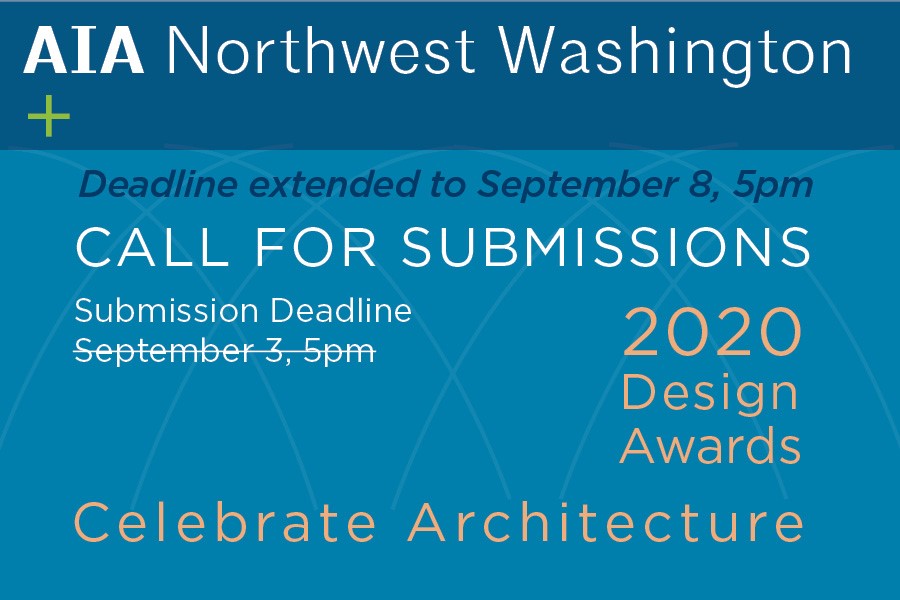

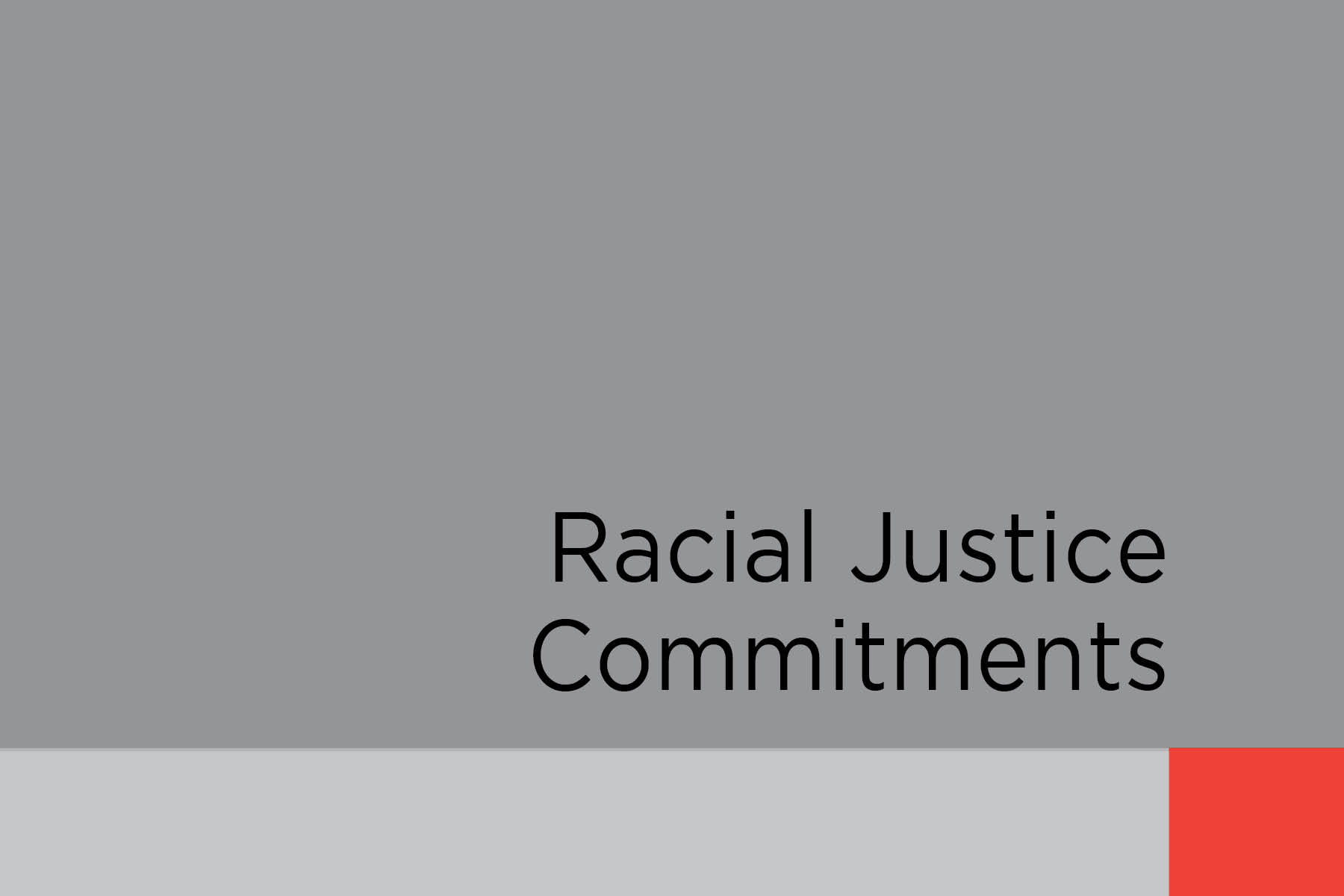
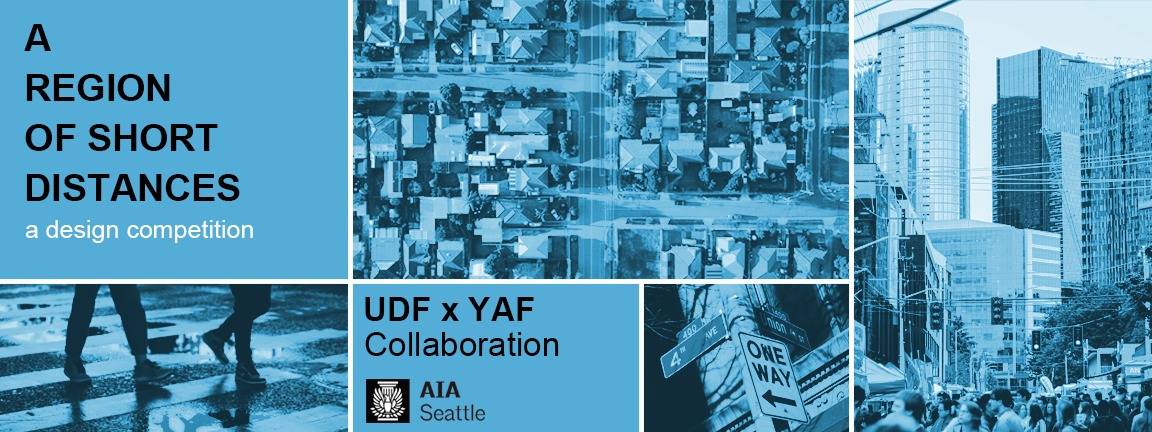


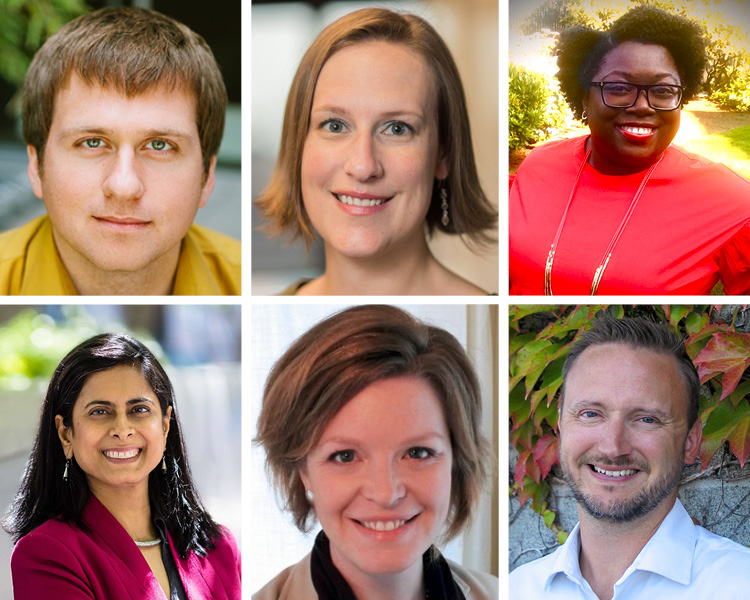
 Myer is a Principal at Weber Thompson, a mid-size multidisciplinary architecture and design firm in Seattle. As the firm’s Director of Sustainability, he manages the firm’s building performance initiatives including participation in the AIA 2030 Commitment. His current project focus is as the architectural project manager for urban commercial office projects, including three buildings pursuing Living Building Challenge Petal Certification. Myer was named the 2011 AIA Seattle Young Architect, and currently serves on the AIA Seattle board of directors and the AIA Continuing Education committee. He received a Bachelor of Science in Architecture with Philosophy citation at the University of Maryland in 2002, a Master in Architecture at the University of Washington in 2005, and completed a Commercial Real Estate Certificate at UW in 2016. He has co-instructed undergraduate and graduate architecture studios at UW and currently contributes as a guest lecturer and studio critic.
Myer is a Principal at Weber Thompson, a mid-size multidisciplinary architecture and design firm in Seattle. As the firm’s Director of Sustainability, he manages the firm’s building performance initiatives including participation in the AIA 2030 Commitment. His current project focus is as the architectural project manager for urban commercial office projects, including three buildings pursuing Living Building Challenge Petal Certification. Myer was named the 2011 AIA Seattle Young Architect, and currently serves on the AIA Seattle board of directors and the AIA Continuing Education committee. He received a Bachelor of Science in Architecture with Philosophy citation at the University of Maryland in 2002, a Master in Architecture at the University of Washington in 2005, and completed a Commercial Real Estate Certificate at UW in 2016. He has co-instructed undergraduate and graduate architecture studios at UW and currently contributes as a guest lecturer and studio critic.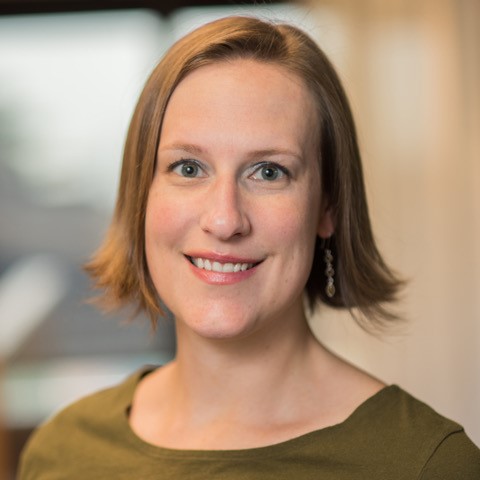 Carrie Anderson has sixteen years of experience in custom residential architecture in the Puget Sound region, from small remodels and additions to multi-million-dollar new construction. She received her bachelor’s degree from University of Wisconsin at Milwaukee in 2002 and graduate degree from University of Washington in 2006. Since that time, she has been a passionate advocate for sustainability as an active member of the Northwest EcoBuilding Guild and International Living Future Institute. Carrie has presented at the Northwest Green Building Slam & Summit as well as the Northwest Green Home Tour. When not social distancing, Carrie is an avid sailor and softball player. Her work has been featured in the New York Times, Seattle Times, Luxe Magazine and numerous other publications.
Carrie Anderson has sixteen years of experience in custom residential architecture in the Puget Sound region, from small remodels and additions to multi-million-dollar new construction. She received her bachelor’s degree from University of Wisconsin at Milwaukee in 2002 and graduate degree from University of Washington in 2006. Since that time, she has been a passionate advocate for sustainability as an active member of the Northwest EcoBuilding Guild and International Living Future Institute. Carrie has presented at the Northwest Green Building Slam & Summit as well as the Northwest Green Home Tour. When not social distancing, Carrie is an avid sailor and softball player. Her work has been featured in the New York Times, Seattle Times, Luxe Magazine and numerous other publications.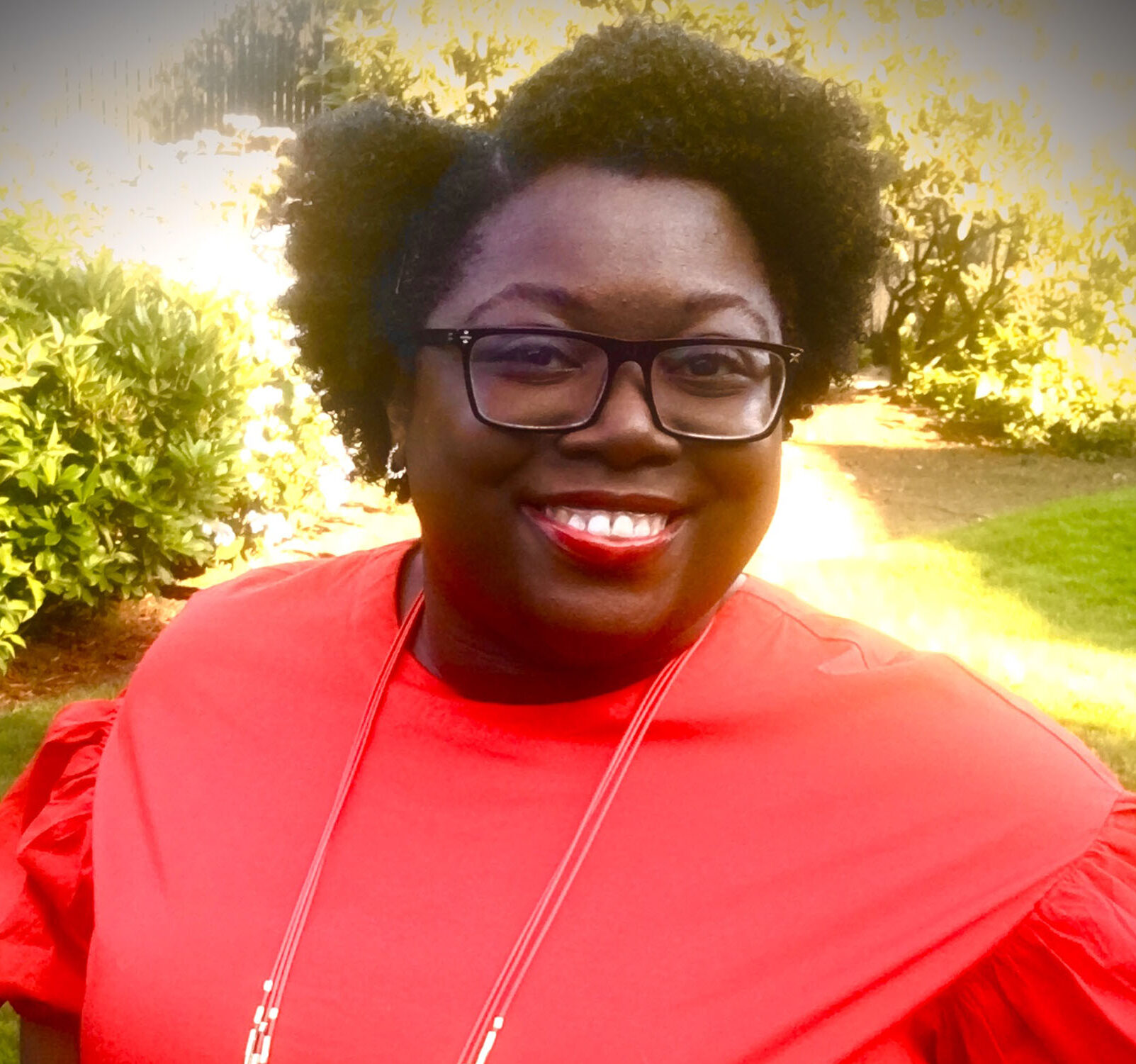 Whitney Lewis is an East Coast native who’s called the West Coast home for the last 10 years and Washington state the last 5. After relocating to the Seattle area in 2015, she has been focused in the multi-family housing market specifically affordable housing. Currently, Whitney volunteers as one of the co-chair’s of AIA Seattle’s Diversity Roundtable where she is working to promote the committee locally and at a national level. Whitney is also finishing a three year term as a member of the Membership Steering Committee. When not volunteering, Whitney has been working at GGLO within their affordable housing group for the last year and a half. In and outside of work she seeks to make connections to encourage and promote diversity and equity in architecture and the built environment.
Whitney Lewis is an East Coast native who’s called the West Coast home for the last 10 years and Washington state the last 5. After relocating to the Seattle area in 2015, she has been focused in the multi-family housing market specifically affordable housing. Currently, Whitney volunteers as one of the co-chair’s of AIA Seattle’s Diversity Roundtable where she is working to promote the committee locally and at a national level. Whitney is also finishing a three year term as a member of the Membership Steering Committee. When not volunteering, Whitney has been working at GGLO within their affordable housing group for the last year and a half. In and outside of work she seeks to make connections to encourage and promote diversity and equity in architecture and the built environment.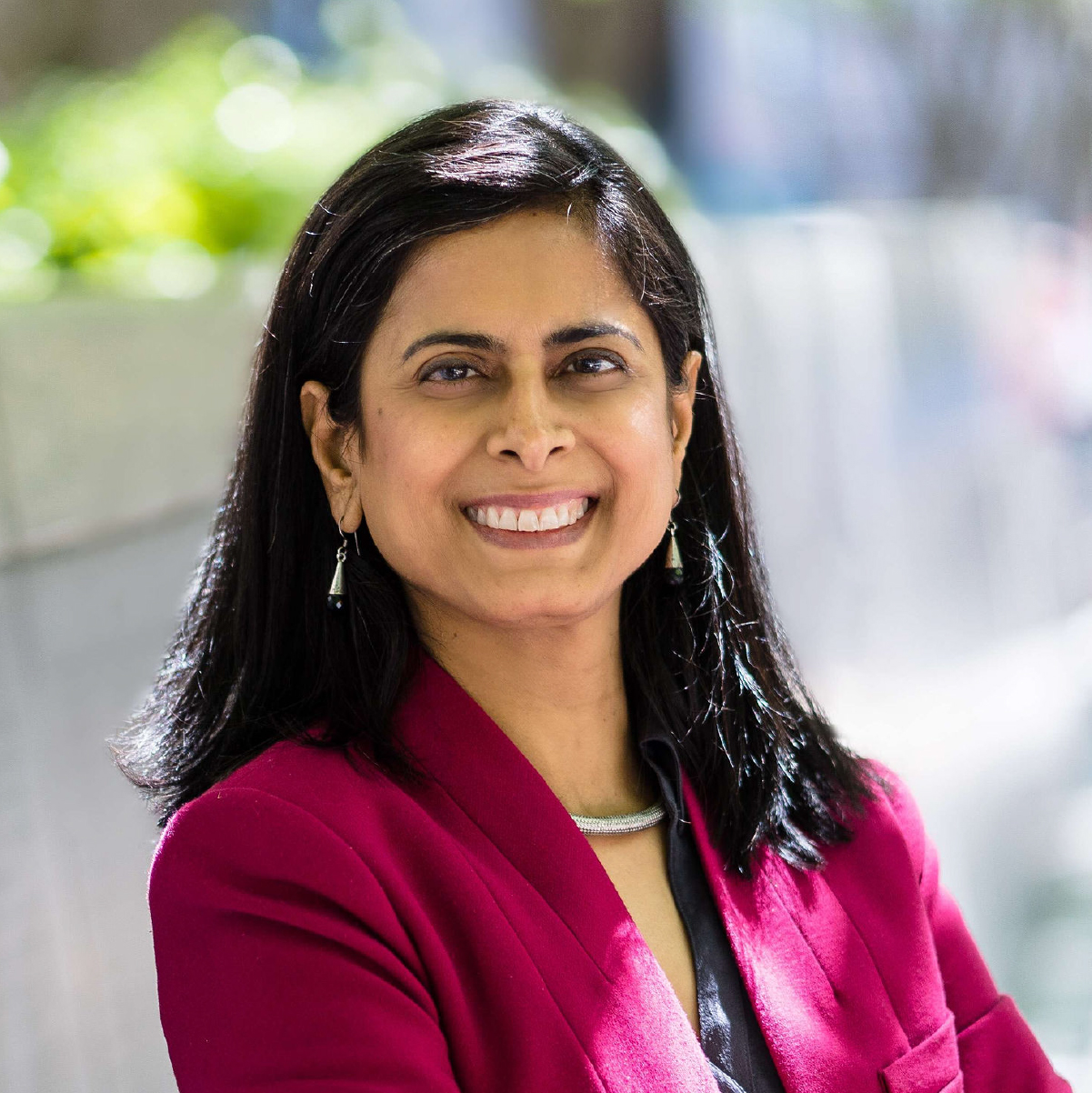 Amarpreet Sethi is a Principal and Energy and Sustainability leader at west coast engineering firm, tk1sc. Her work experience in Architecture, Building Science and Engineering allow her to provide valuable contributions in the field of high performance building design holistically. Her knowledge of climate-responsive design, daylighting, HVAC systems enable her to assist in sustainability, especially in the early stages of design. Amarpreet has worked in multiple market sectors to assist in meeting goals of decarbonization and Net Zero. Driven by a passion to provide valuable contributions to clients’ sustainability goals through Building Optimization, Amarpreet has been doing building performance analytics for over 18 years. Amarpreet’s focus on sustainable design first began while completing her Architecture degree in 2001. She went on to achieve a Master of Science in 2003 and worked as part of Mechanical Engineering teams for 15 years prior to joining tk1sc in 2019.
Amarpreet Sethi is a Principal and Energy and Sustainability leader at west coast engineering firm, tk1sc. Her work experience in Architecture, Building Science and Engineering allow her to provide valuable contributions in the field of high performance building design holistically. Her knowledge of climate-responsive design, daylighting, HVAC systems enable her to assist in sustainability, especially in the early stages of design. Amarpreet has worked in multiple market sectors to assist in meeting goals of decarbonization and Net Zero. Driven by a passion to provide valuable contributions to clients’ sustainability goals through Building Optimization, Amarpreet has been doing building performance analytics for over 18 years. Amarpreet’s focus on sustainable design first began while completing her Architecture degree in 2001. She went on to achieve a Master of Science in 2003 and worked as part of Mechanical Engineering teams for 15 years prior to joining tk1sc in 2019.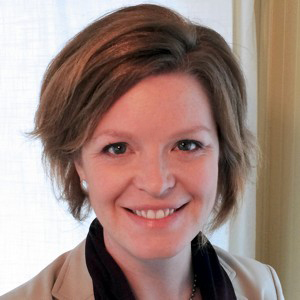 Katie is an expert in capital project planning for arts & culture with twenty years’ experience in planning, decision making, and economic analysis for nonprofit and public sector clients across the country. Her approach combines deep technical expertise in the complexities of cultural projects with a sensitivity to the unique needs, values, and aspirations of cultural organizations and their communities. Katie spent a decade as a theatre planning consultant prior to shifting her focus to cultural economics and its intersection with design, working to help clients and design teams make informed decisions about investment in cultural infrastructure. Past projects and clients include Seattle Rep, Minnesota Historical Society, Lincoln Center for the Performing Arts, American Repertory Theatre, the City of Vancouver, and many others. Katie holds a B.A. in Architecture from Princeton University and an M. Phil. in Public History and Cultural Heritage from Trinity College Dublin.
Katie is an expert in capital project planning for arts & culture with twenty years’ experience in planning, decision making, and economic analysis for nonprofit and public sector clients across the country. Her approach combines deep technical expertise in the complexities of cultural projects with a sensitivity to the unique needs, values, and aspirations of cultural organizations and their communities. Katie spent a decade as a theatre planning consultant prior to shifting her focus to cultural economics and its intersection with design, working to help clients and design teams make informed decisions about investment in cultural infrastructure. Past projects and clients include Seattle Rep, Minnesota Historical Society, Lincoln Center for the Performing Arts, American Repertory Theatre, the City of Vancouver, and many others. Katie holds a B.A. in Architecture from Princeton University and an M. Phil. in Public History and Cultural Heritage from Trinity College Dublin.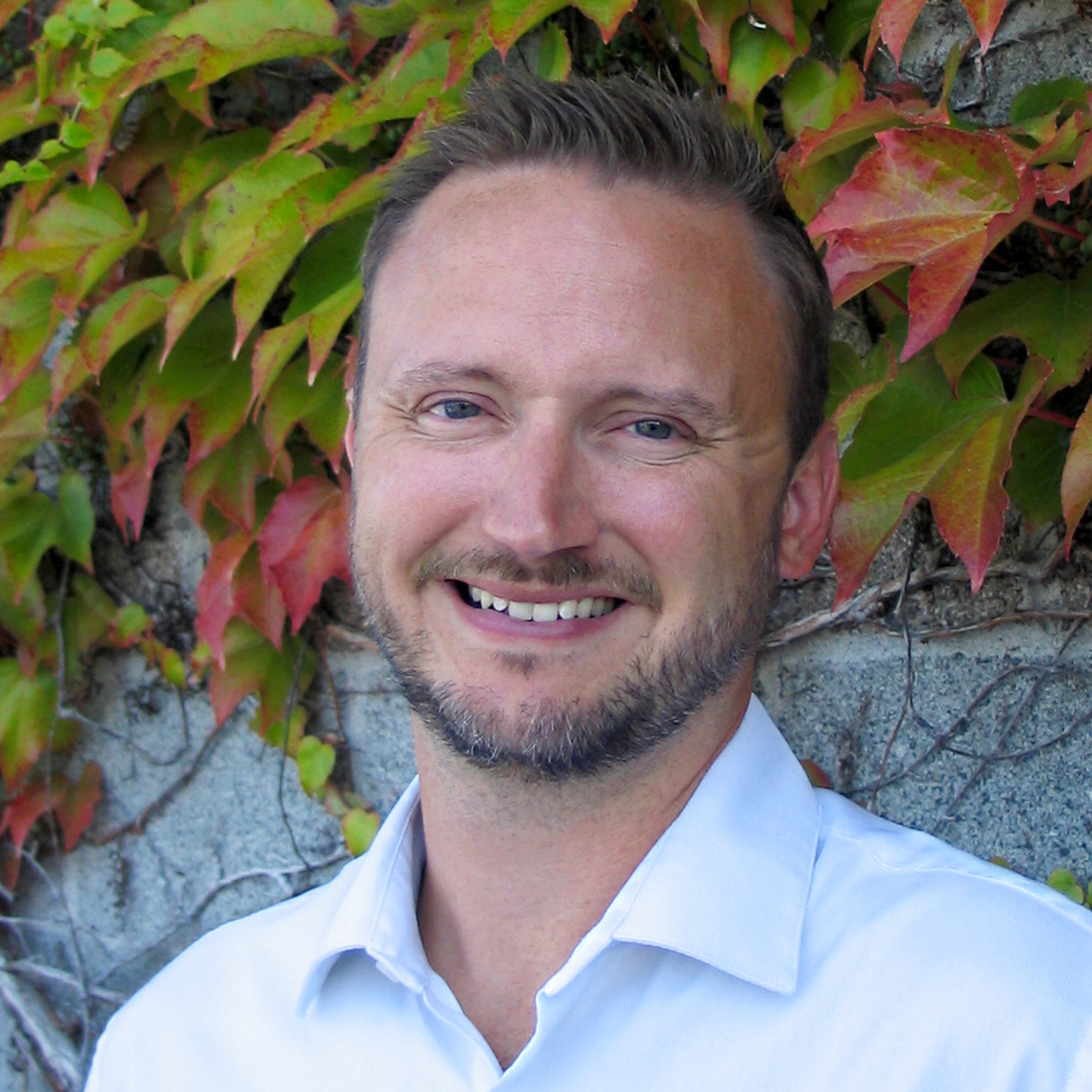 Michael is a principal at Everett-based Dykeman Architects. Born and raised in rural West Virginia, Michael relocated to the Northwest in 1999. He has over 20 years of experience in architecture and planning. He has been involved in a variety of projects including public, retail/mixed-use, education, residential, and civic projects. He is a thoughtful leader, an accomplished listener, and an excellent facilitator and client advocate. Michael earned a Master of Architecture degree from the University of Pennsylvania, with a planning focus, augmenting a Bachelor of Architecture degree from the University of Kentucky. Additionally, Michael has served on the City of Marysville City Council since 2010, providing a unique perspective on the impacts of public policy on the built environment. Michael believes the best architecture is the product of a successful collaboration between the design team and the client. He has a broad knowledge of the profession and utilizes his many experiences to develop cohesive designs for his clients.
Michael is a principal at Everett-based Dykeman Architects. Born and raised in rural West Virginia, Michael relocated to the Northwest in 1999. He has over 20 years of experience in architecture and planning. He has been involved in a variety of projects including public, retail/mixed-use, education, residential, and civic projects. He is a thoughtful leader, an accomplished listener, and an excellent facilitator and client advocate. Michael earned a Master of Architecture degree from the University of Pennsylvania, with a planning focus, augmenting a Bachelor of Architecture degree from the University of Kentucky. Additionally, Michael has served on the City of Marysville City Council since 2010, providing a unique perspective on the impacts of public policy on the built environment. Michael believes the best architecture is the product of a successful collaboration between the design team and the client. He has a broad knowledge of the profession and utilizes his many experiences to develop cohesive designs for his clients.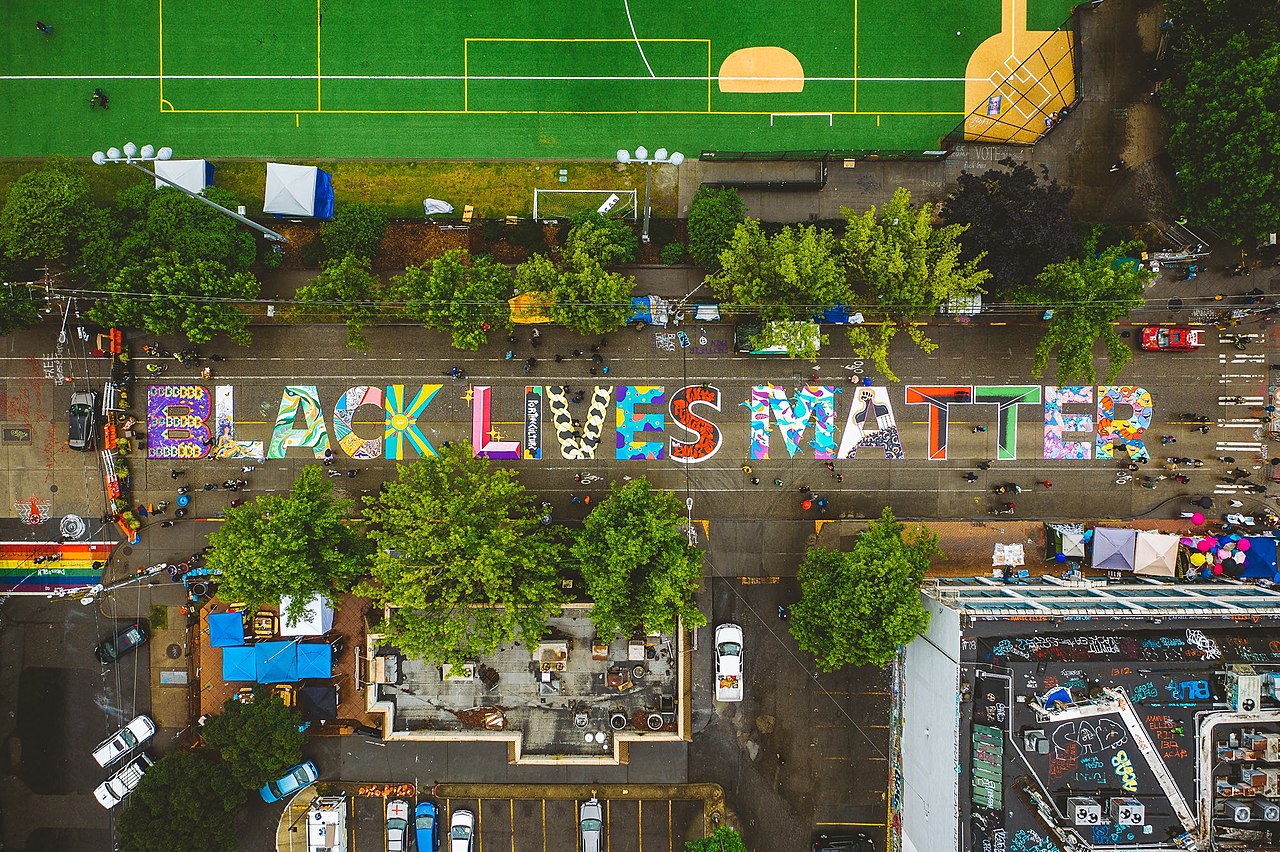
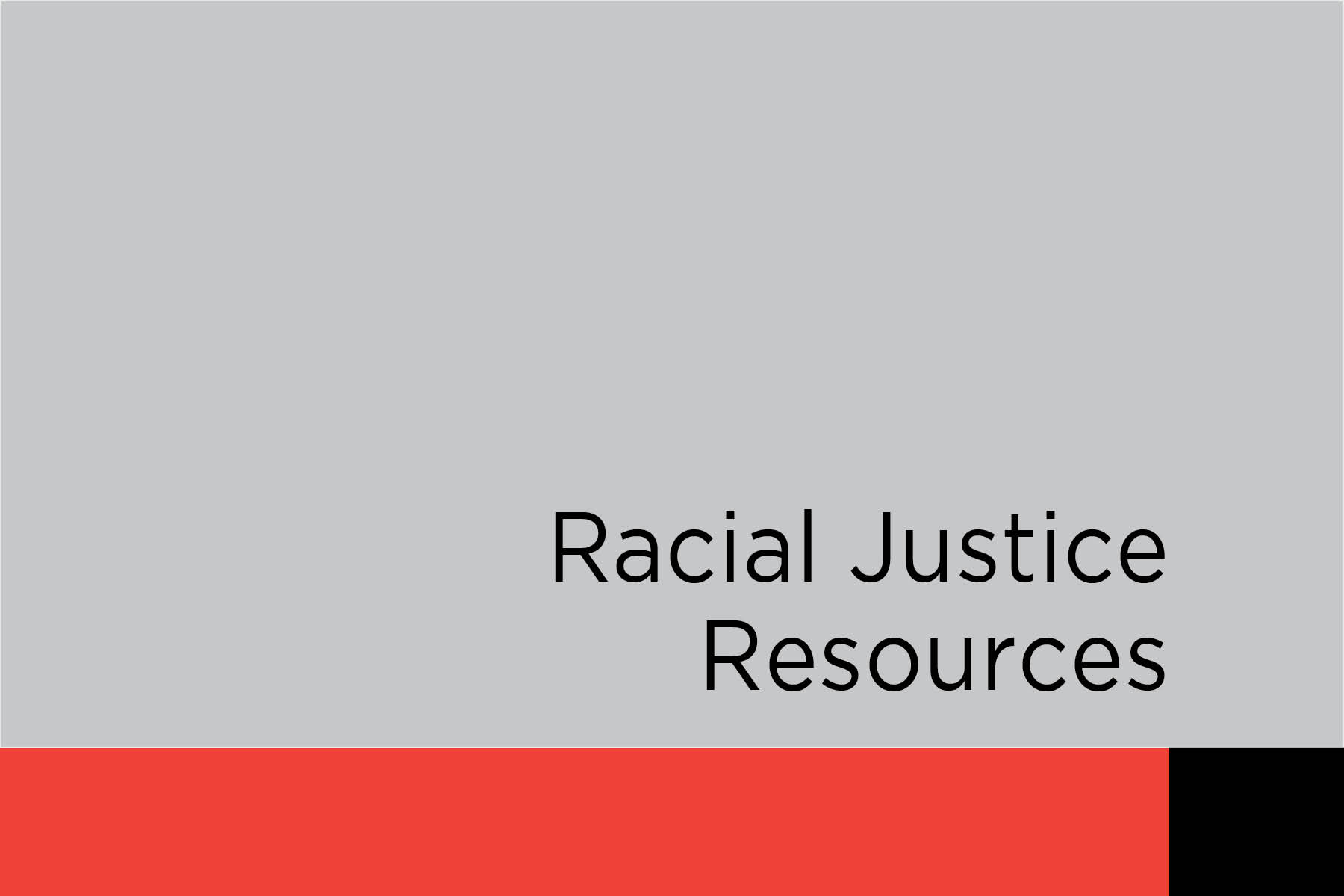

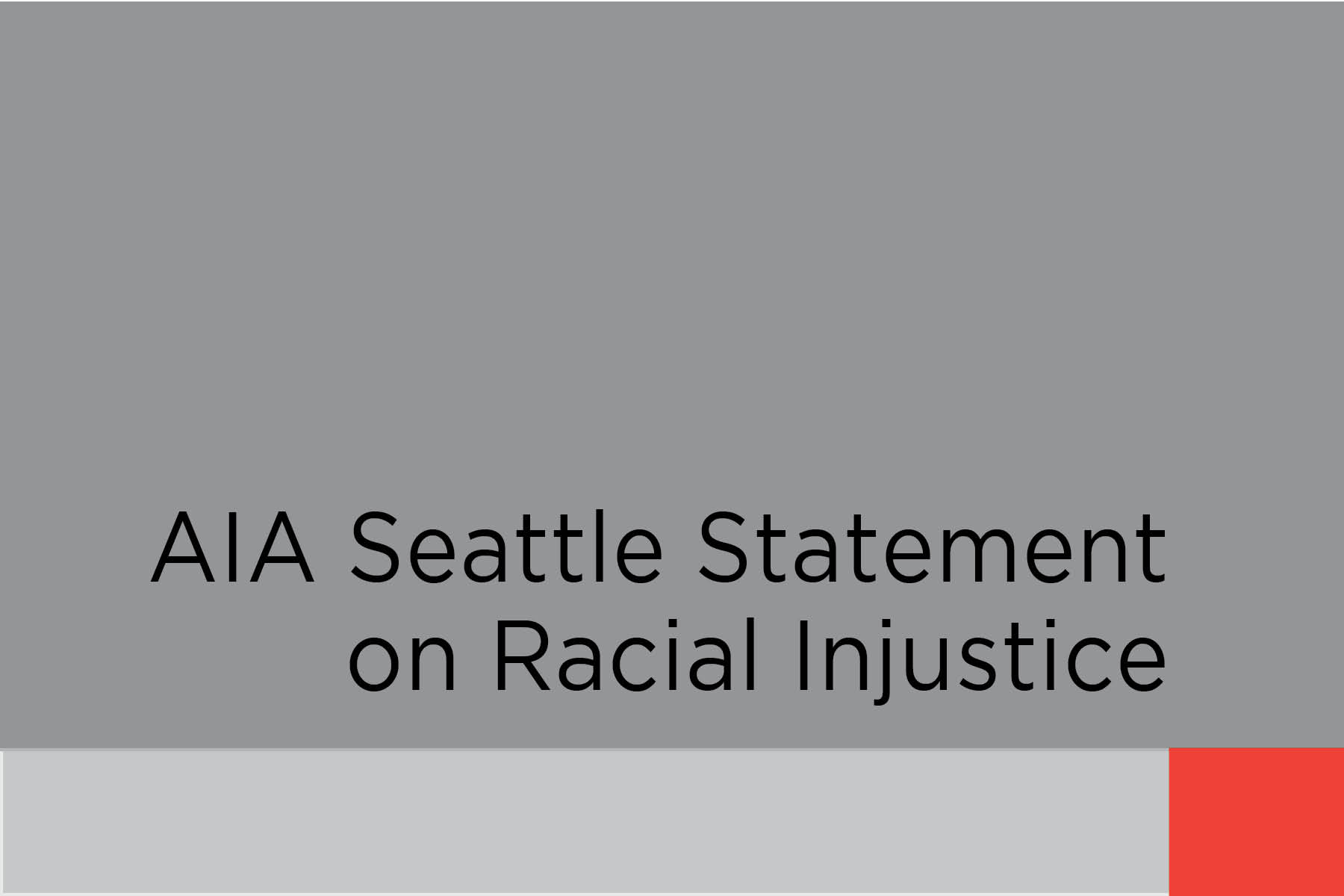
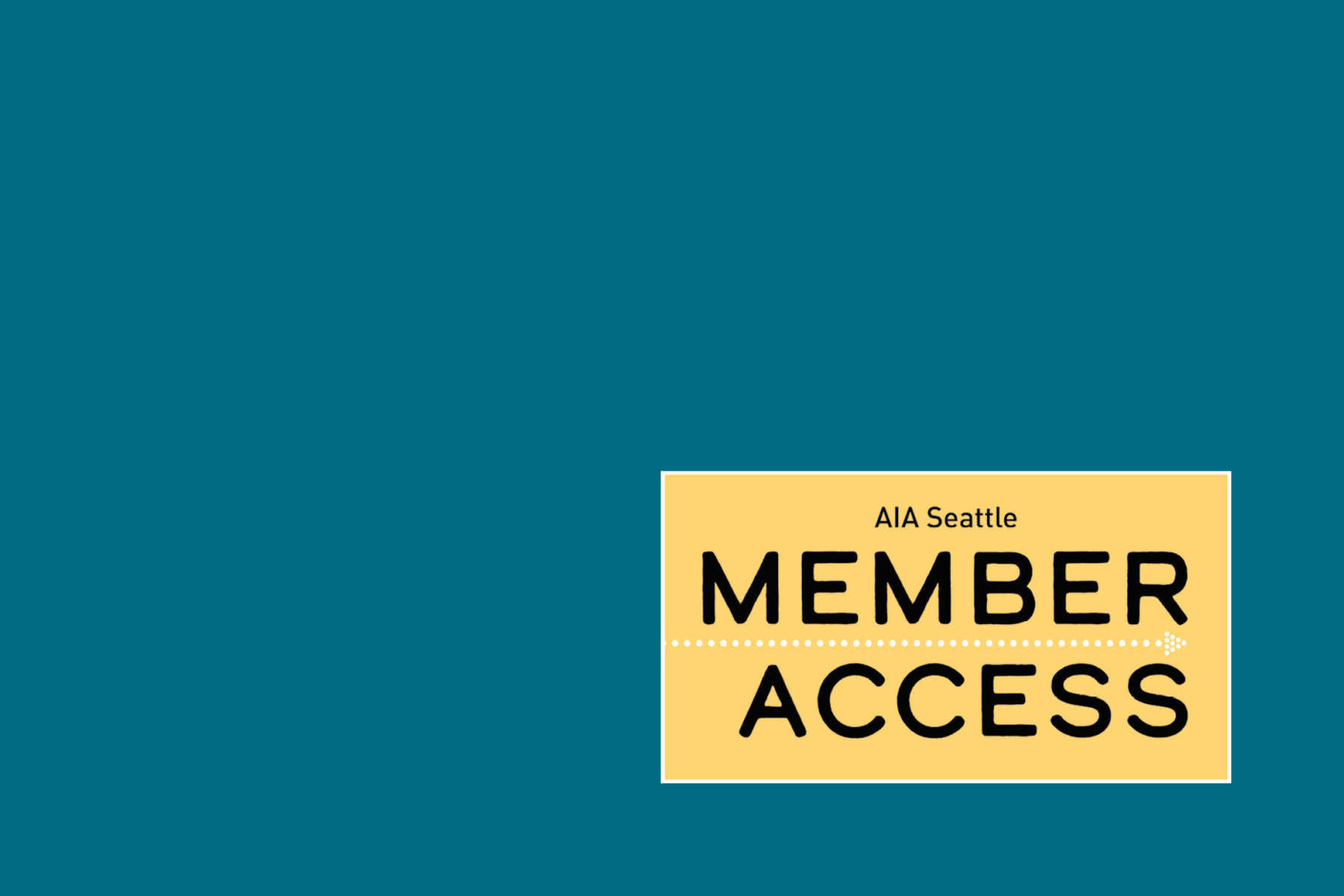
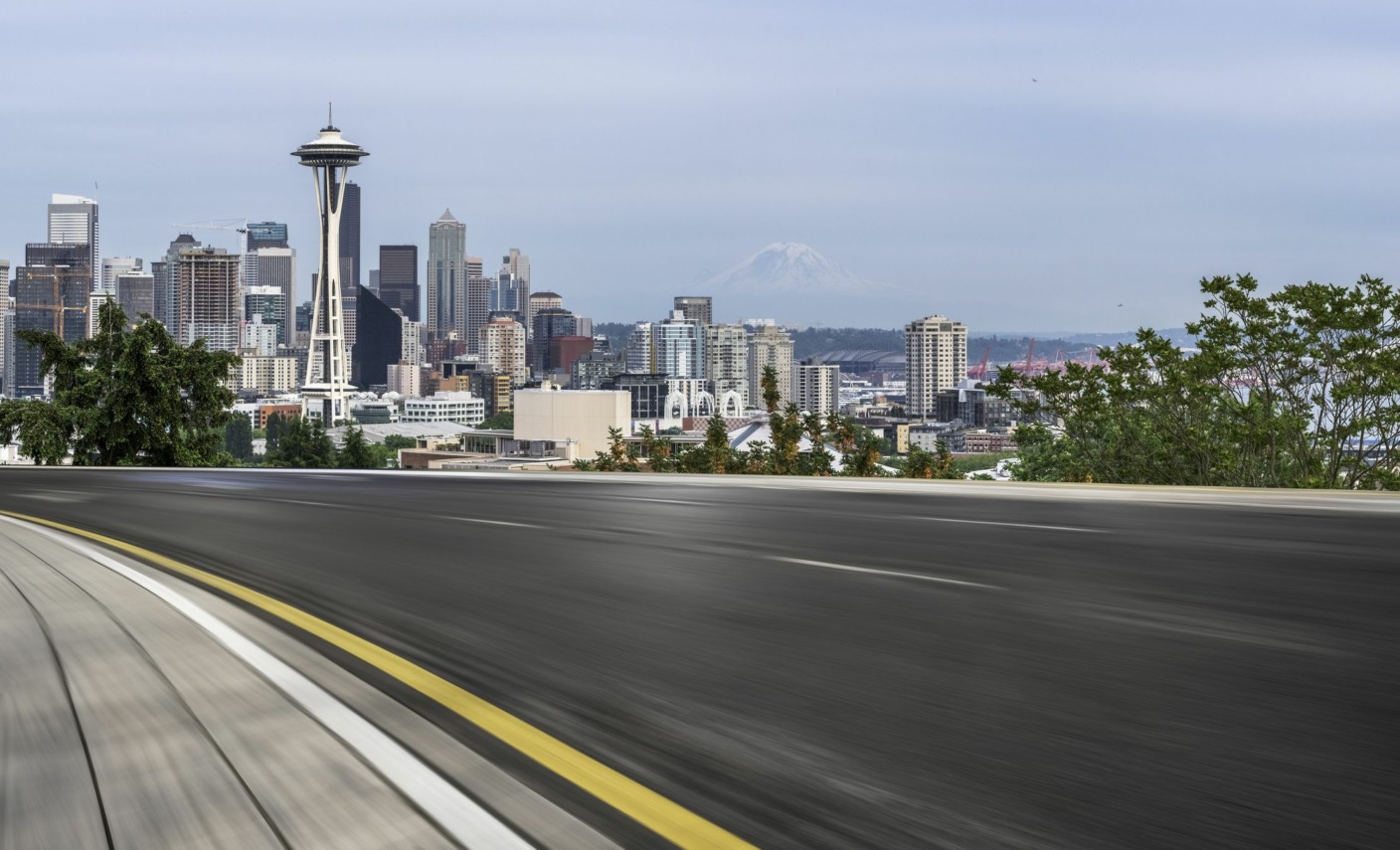
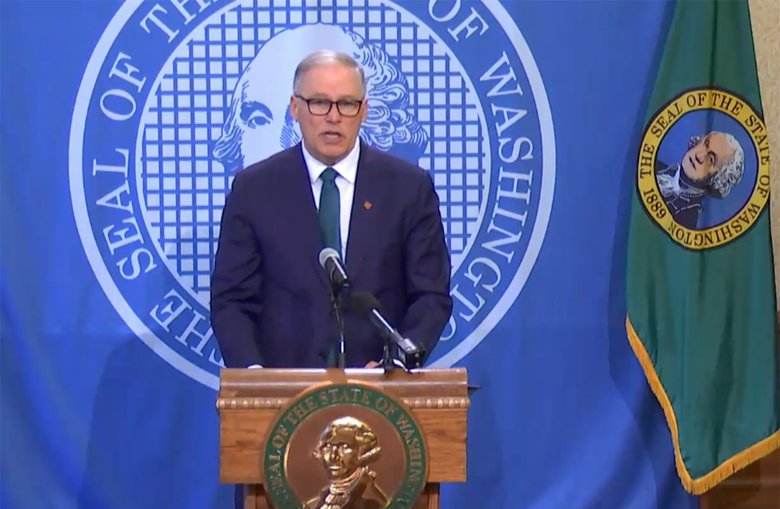
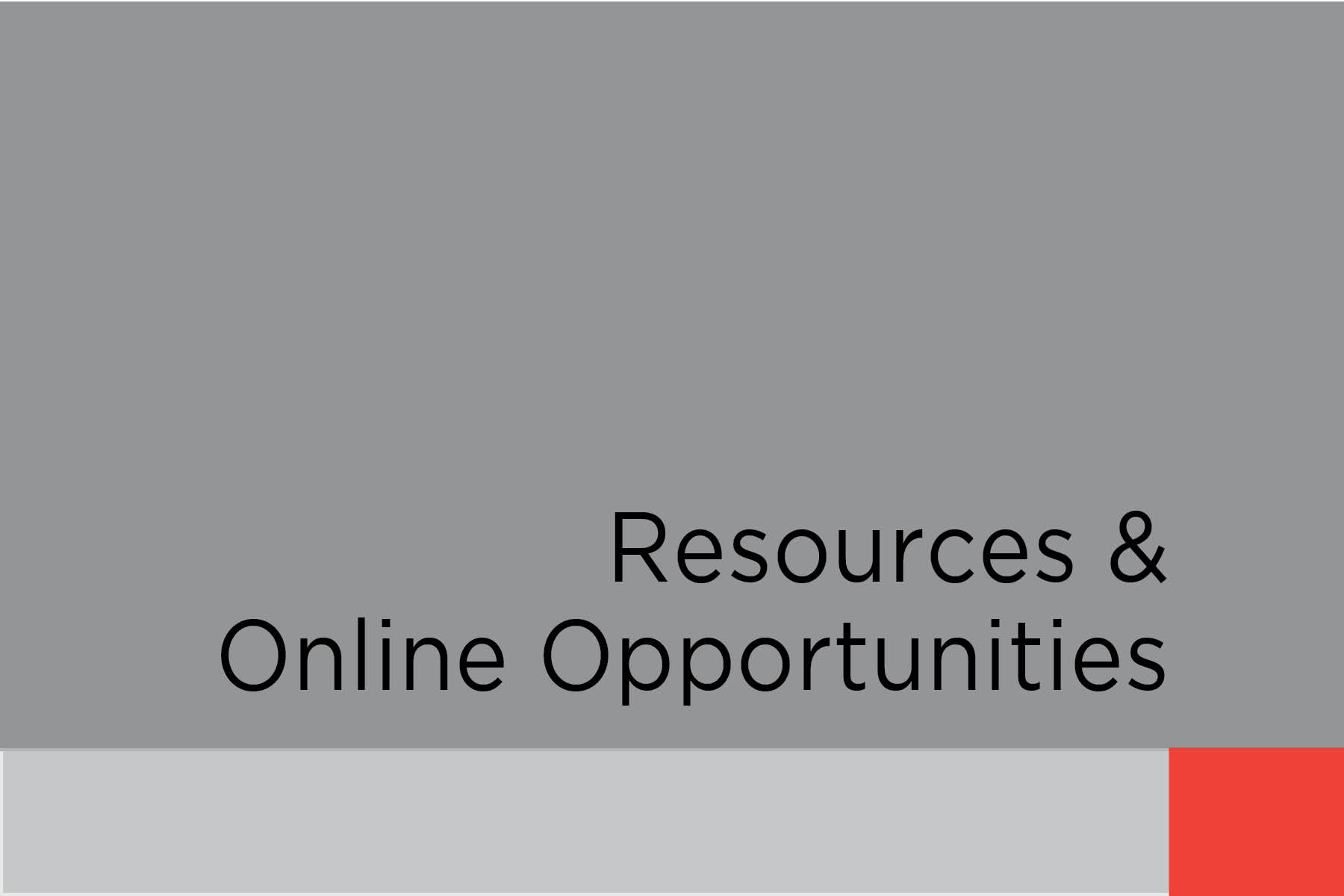
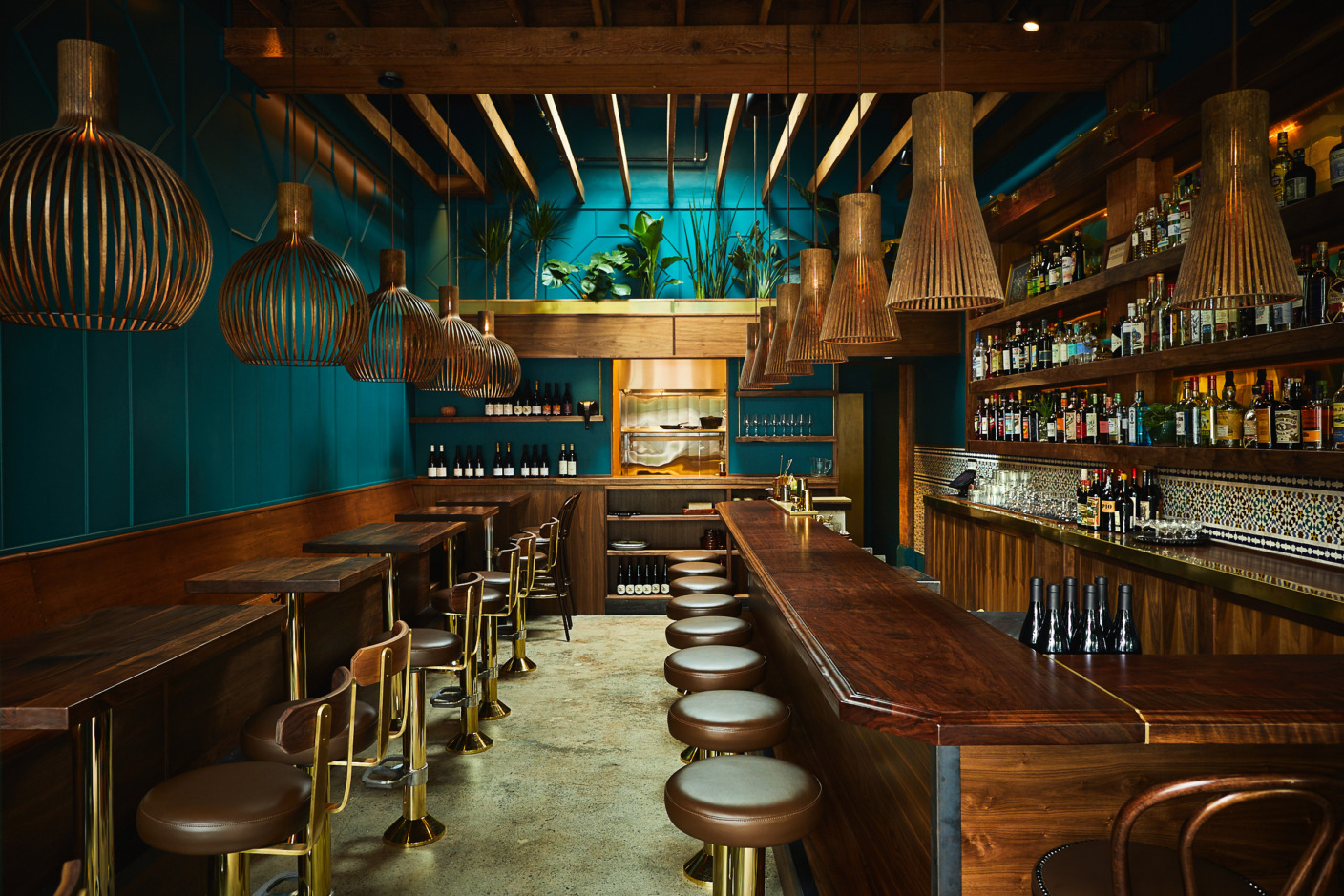
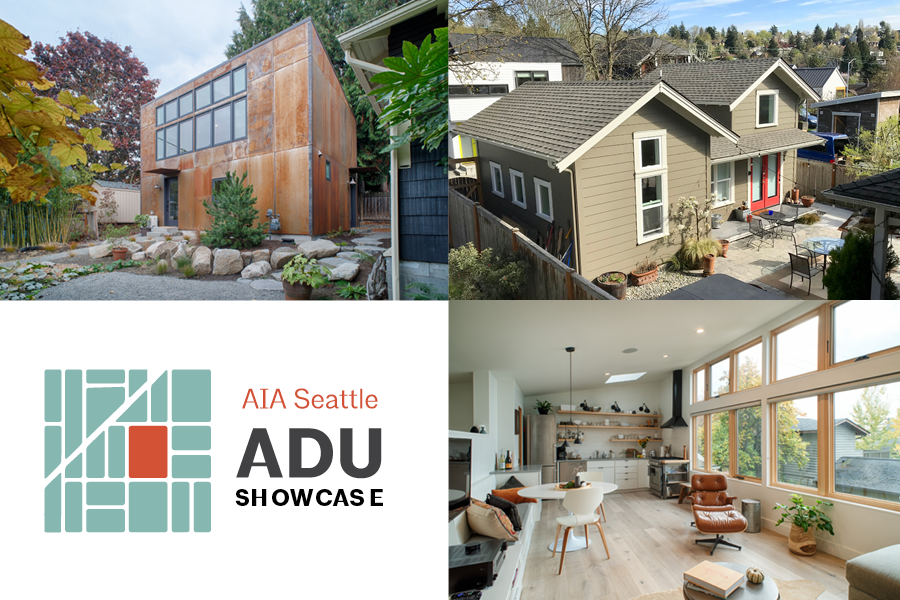


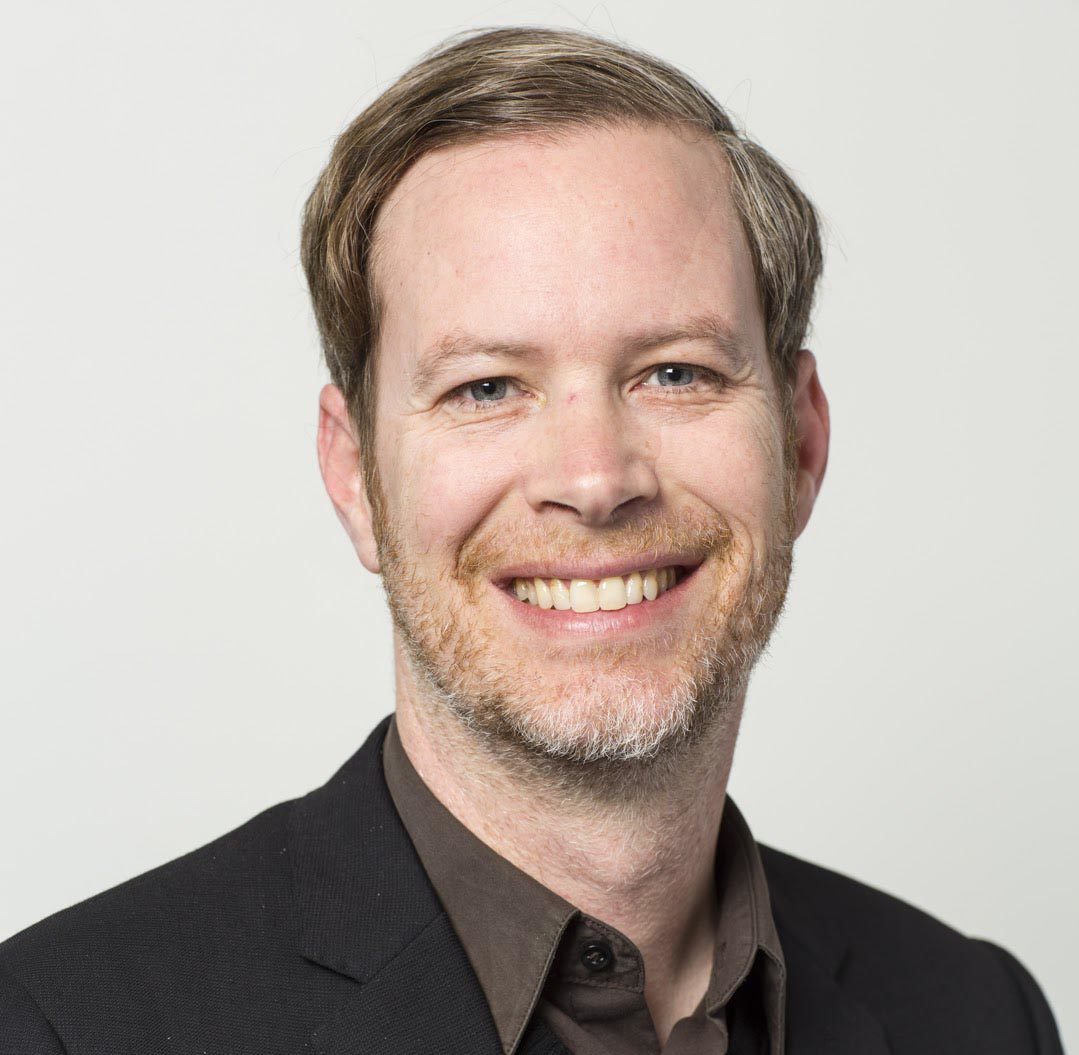
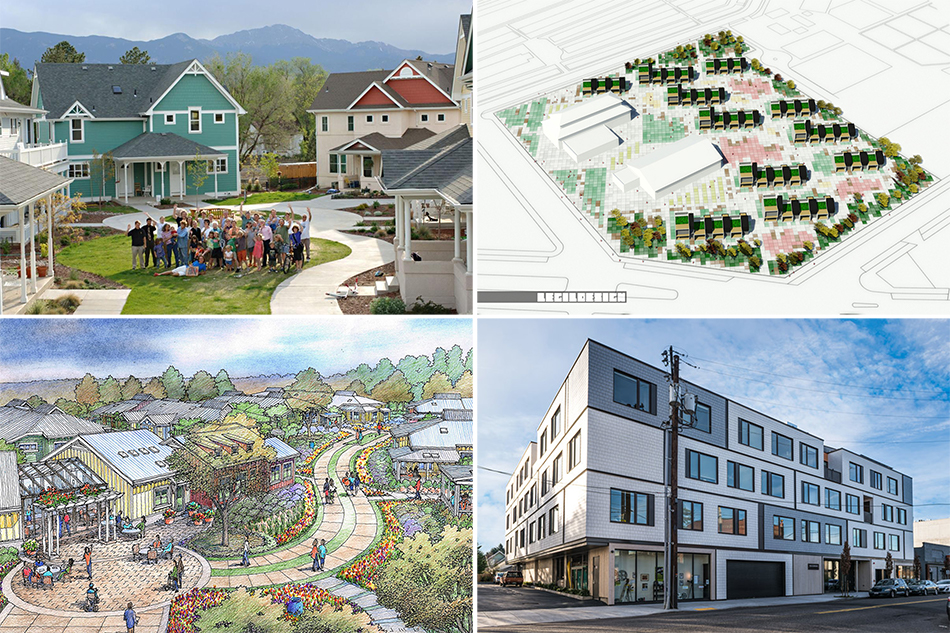
 Queena Yi, Assoc. AIA, LEED AP BD+C, is an architectural designer with over six years of experience and is anticipating licensure this year. Her previous work experience at Katerra and Perkins + Will, where she managed senior housing projects and a WeWork | WeLive project, provided the foundation for this Travel Scholarship proposal. Previous to pursuing a career in architecture, Queena worked for over a decade at various startup tech companies in San Francisco and Seattle. She received a Bachelor of Arts Degree in Psychology from the University of California at San Diego and an M.Arch from the University of Washington. During her studies at the UW, Queena received a Scan Design Fellowship to study at the Royal Danish Academy in Copenhagen for one year. Her time in Copenhagen provided the groundwork for her thesis project, Memento Mori | A Non-Sectarian Memorial Site in Seattle, which was later selected for the AIA 2015 Emerging Professionals Exhibit. Queena has been active in the design community by participating in the UW PAC, Design in Public, and Seattle Architecture Foundation at various capacities.
Queena Yi, Assoc. AIA, LEED AP BD+C, is an architectural designer with over six years of experience and is anticipating licensure this year. Her previous work experience at Katerra and Perkins + Will, where she managed senior housing projects and a WeWork | WeLive project, provided the foundation for this Travel Scholarship proposal. Previous to pursuing a career in architecture, Queena worked for over a decade at various startup tech companies in San Francisco and Seattle. She received a Bachelor of Arts Degree in Psychology from the University of California at San Diego and an M.Arch from the University of Washington. During her studies at the UW, Queena received a Scan Design Fellowship to study at the Royal Danish Academy in Copenhagen for one year. Her time in Copenhagen provided the groundwork for her thesis project, Memento Mori | A Non-Sectarian Memorial Site in Seattle, which was later selected for the AIA 2015 Emerging Professionals Exhibit. Queena has been active in the design community by participating in the UW PAC, Design in Public, and Seattle Architecture Foundation at various capacities.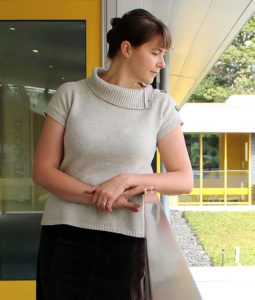 JoAnn Hindmarsh Wilcox AIA is a licensed Architect in Oregon and Washington, where she practices as a Principal, Design Lead and Public Engagement Strategist for Mahlum. In her tenure at the firm, she has made a significant contribution in establishing Mahlum as a nationally recognized design firm. JoAnn designs consciously and is motivated by action and impact. An emerging national leader in design for learning, JoAnn’s built work explores architecture’s connection to regenerative social and ecological outcomes, and its power to uplift the next generation. Her work highlights a balance between persistent curiosity and a quiet sensitivity to place, craft and the human experience through design within the public realm. Operating in an area that is regularly constrained by budget and entrenched conventions, she is able to sensitively listen and provide innovative solutions that influence K-12 design nationally. Her advocacy has brought social justice to the foreground in the conversation on school design, and her public work for communities-in-need models the social impact architecture can have. She is noted for creating buildings as deeply impactful as beautiful and has been recognized with more than 80 awards for design excellence from the local to the international level, including a 2019 National AIA Honor Award for Arlington Elementary. A graduate of Rensselaer Polytechnic Institute, JoAnn was also the recipient of an AIA Henry Adams Medal and in 2018 received AIA Seattle’s Young Architect Award. In addition, JoAnn volunteers, juries, mentors, publishes and lectures widely; engaging civic issues that speak to the transformational power of design.
JoAnn Hindmarsh Wilcox AIA is a licensed Architect in Oregon and Washington, where she practices as a Principal, Design Lead and Public Engagement Strategist for Mahlum. In her tenure at the firm, she has made a significant contribution in establishing Mahlum as a nationally recognized design firm. JoAnn designs consciously and is motivated by action and impact. An emerging national leader in design for learning, JoAnn’s built work explores architecture’s connection to regenerative social and ecological outcomes, and its power to uplift the next generation. Her work highlights a balance between persistent curiosity and a quiet sensitivity to place, craft and the human experience through design within the public realm. Operating in an area that is regularly constrained by budget and entrenched conventions, she is able to sensitively listen and provide innovative solutions that influence K-12 design nationally. Her advocacy has brought social justice to the foreground in the conversation on school design, and her public work for communities-in-need models the social impact architecture can have. She is noted for creating buildings as deeply impactful as beautiful and has been recognized with more than 80 awards for design excellence from the local to the international level, including a 2019 National AIA Honor Award for Arlington Elementary. A graduate of Rensselaer Polytechnic Institute, JoAnn was also the recipient of an AIA Henry Adams Medal and in 2018 received AIA Seattle’s Young Architect Award. In addition, JoAnn volunteers, juries, mentors, publishes and lectures widely; engaging civic issues that speak to the transformational power of design.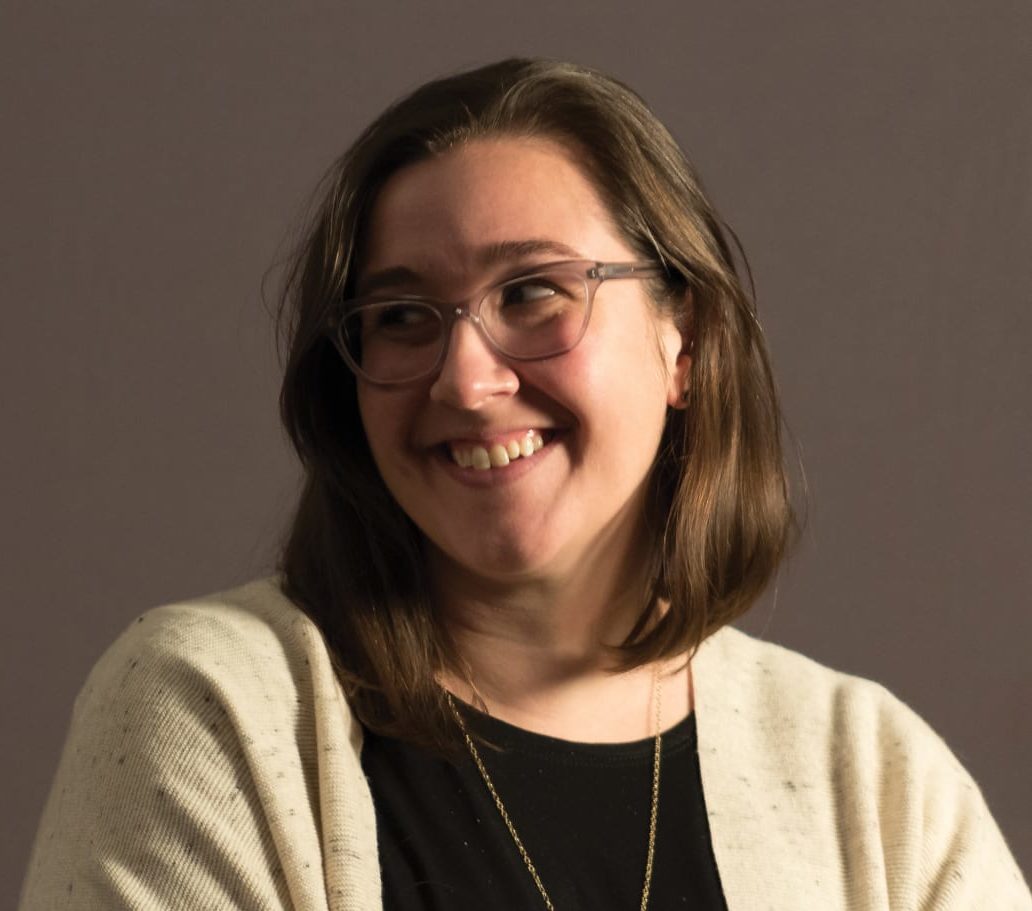 Stacey Crumbaker Assoc. AIA is an associate principal at Mahlum, where she is focused on work that serves the greater public rather than individuals. With accredited degrees in both architecture and interior design, Stacey balances her work across two intertwined disciplines and advocates for the development of stronger bonds between practitioners. By cultivating a practice that responds to the human experience, she proves that architecture has a unique ability to foster community. She has led multiple designs for the region’s public schools, and her work often ties together the poetics of design with the tectonics of construction. Her work was informed by the receipt of the Sean Murphy Travel Fellowship, which sent her to Antarctica to research how such an extreme environment can shape livable spaces. She carried the lessons learned there back to Seattle, where she breathes new life into mundane spaces to inspire and enrich the communities she serves. Stacey’s path to leadership began with important roles for the Northern Pacific Chapter of the International Interior Design Association, where she fostered the organization’s advocacy programs to advance design excellence, legislation, and community outreach. With her unique perspective on practice, Stacey has also served on AIA’s Interior Architecture Advisory Group since 2017, and she has been instrumental in shaping the knowledge community’s long-term vision. Stacey has pushed designers across all disciplines to test the boundaries of design. As past-president of the board of Design in Public, she has prompted community dialogue focused on the impact of design in urban life. She has successfully gathered architects, interior designers, planners, and artists to participate in a wide range of programming at the annual festival.
Stacey Crumbaker Assoc. AIA is an associate principal at Mahlum, where she is focused on work that serves the greater public rather than individuals. With accredited degrees in both architecture and interior design, Stacey balances her work across two intertwined disciplines and advocates for the development of stronger bonds between practitioners. By cultivating a practice that responds to the human experience, she proves that architecture has a unique ability to foster community. She has led multiple designs for the region’s public schools, and her work often ties together the poetics of design with the tectonics of construction. Her work was informed by the receipt of the Sean Murphy Travel Fellowship, which sent her to Antarctica to research how such an extreme environment can shape livable spaces. She carried the lessons learned there back to Seattle, where she breathes new life into mundane spaces to inspire and enrich the communities she serves. Stacey’s path to leadership began with important roles for the Northern Pacific Chapter of the International Interior Design Association, where she fostered the organization’s advocacy programs to advance design excellence, legislation, and community outreach. With her unique perspective on practice, Stacey has also served on AIA’s Interior Architecture Advisory Group since 2017, and she has been instrumental in shaping the knowledge community’s long-term vision. Stacey has pushed designers across all disciplines to test the boundaries of design. As past-president of the board of Design in Public, she has prompted community dialogue focused on the impact of design in urban life. She has successfully gathered architects, interior designers, planners, and artists to participate in a wide range of programming at the annual festival.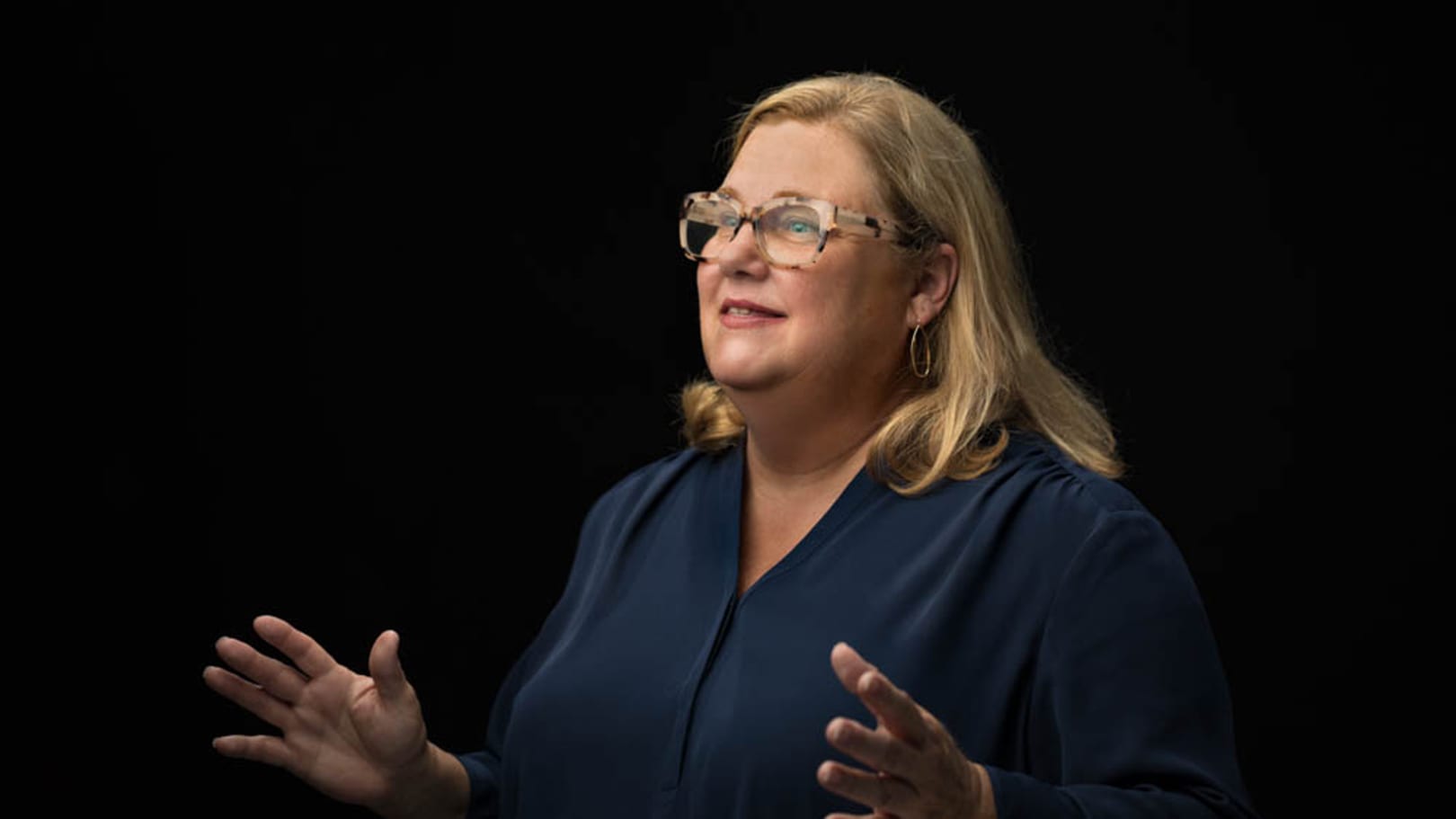 Lisa Richmond, Hon. AIA and Executive Director of AIA Seattle has channeled her belief in the power of design to engage the public in critical issues of sustainability, livability, and resilience. Always providing maximum organizational impact, her actions and innovation have helped architects lead positive change in our communities. Lisa has worked to develop a culture of advocacy at AIA Seattle, recognizing that solving the profession’s pressing issues can only happen through policy and regulatory change. She has developed systems, such as the chapter’s public policy board, to both engage and deploy its members to great effect. AIA Seattle is one of the few local chapters to host a full-time position focused on advocacy, and the infrastructure Lisa has developed has become a model for components across the country. To directly foster carbon reduction in the built environment, Lisa led the chapter in its support of a state carbon tax. She was also a partner in the formation of Shift Zero, a cohort of 20 organizations from around Puget Sound striving toward zero carbon buildings. Her propensity for strategic thinking led to an appointment to the AIA Strategic Planning Task Force where she has championed a focus on organizational impact and accountability. Previously, Lisa served on the AIA Advocacy Capacity Building Task Force, where she worked with colleagues to unite a fractured group and create recommendations that were unanimously adopted by AIA’s board of directors. The list of Lisa’s accomplishments is lengthy and includes a Loeb Fellowship from the Harvard University Graduate School of Design, a place on the Seattle mayor’s Green Building Task Force, and service as a climate reality mentor for Al Gore’s Climate Reality Leadership Corps. A born leader, her outlook on advocacy has become a national model that has greatly benefited AIA.
Lisa Richmond, Hon. AIA and Executive Director of AIA Seattle has channeled her belief in the power of design to engage the public in critical issues of sustainability, livability, and resilience. Always providing maximum organizational impact, her actions and innovation have helped architects lead positive change in our communities. Lisa has worked to develop a culture of advocacy at AIA Seattle, recognizing that solving the profession’s pressing issues can only happen through policy and regulatory change. She has developed systems, such as the chapter’s public policy board, to both engage and deploy its members to great effect. AIA Seattle is one of the few local chapters to host a full-time position focused on advocacy, and the infrastructure Lisa has developed has become a model for components across the country. To directly foster carbon reduction in the built environment, Lisa led the chapter in its support of a state carbon tax. She was also a partner in the formation of Shift Zero, a cohort of 20 organizations from around Puget Sound striving toward zero carbon buildings. Her propensity for strategic thinking led to an appointment to the AIA Strategic Planning Task Force where she has championed a focus on organizational impact and accountability. Previously, Lisa served on the AIA Advocacy Capacity Building Task Force, where she worked with colleagues to unite a fractured group and create recommendations that were unanimously adopted by AIA’s board of directors. The list of Lisa’s accomplishments is lengthy and includes a Loeb Fellowship from the Harvard University Graduate School of Design, a place on the Seattle mayor’s Green Building Task Force, and service as a climate reality mentor for Al Gore’s Climate Reality Leadership Corps. A born leader, her outlook on advocacy has become a national model that has greatly benefited AIA.